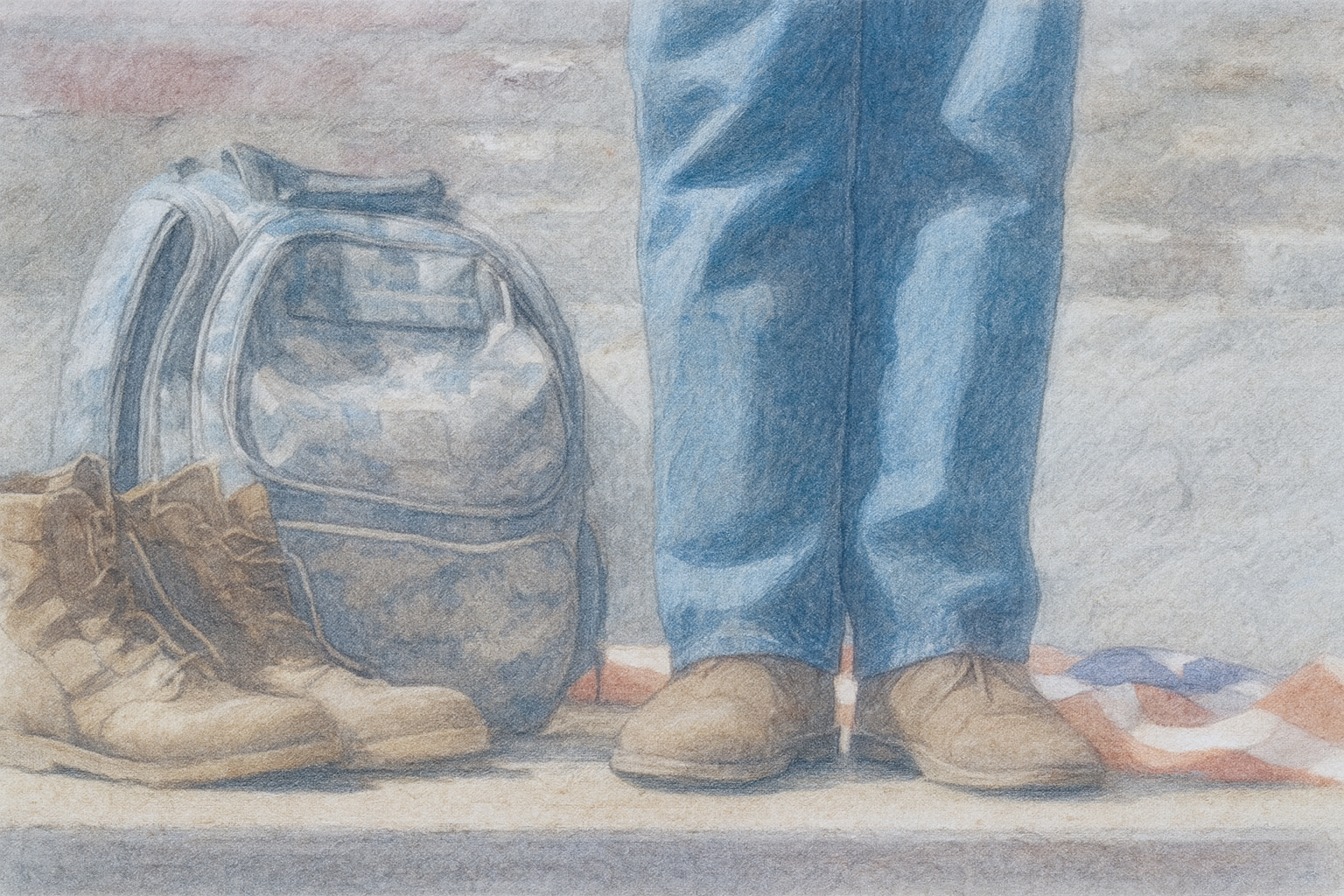
At Civic Roundtable, our mission is to power a more effective, efficient, and integrated government by bridging silos, streamlining coordination, and building institutional memory for public servants across the United States.
With that mission in mind, we hosted our 2025 Veterans Homelessness Roundtable last week — a virtual, off-the-record session designed to bring together government and nonprofit leaders working at the intersection of housing, veteran services, and homelessness prevention. Participants joined from across the country to exchange insights, surface shared challenges, and explore new models for interagency collaboration.
The discussion was anchored by a case study from the New Jersey Department of Community Affairs (DCA), whose Bringing Veterans Home initiative has created a statewide framework to make veteran homelessness rare, brief, and non-recurring. But the power of the session came not from any one model — it came from the collective wisdom of leaders navigating similar systems challenges every day.
From that conversation, five key themes emerged:
Veteran homelessness can’t be solved by any single agency, program, or funding stream. It’s a systems challenge that cuts across jurisdictions and missions — requiring shared outcomes, coordinated action, and durable infrastructure. As participants noted, getting this right for veterans can pave the way for better coordination across other complex issues, from youth homelessness to housing for older adults.
Even the most well-resourced efforts can stall when communication breaks down. Many leaders spoke to the persistence of siloed systems — shaped by turf, legacy structures, or misaligned incentives. What moves the needle, they shared, are trusted relationships, consistent collaboration, and infrastructure that makes those connections easier to build and sustain.
Turnover is inevitable — and without systems in place to capture institutional knowledge, it’s easy to lose momentum, repeat mistakes, or rebuild what’s already been built. Participants emphasized the need to operationalize memory: to document lessons learned, standardize key practices, and ensure continuity even as leadership or staffing shifts.
Veterans services leaders work in vastly different contexts — and that often means they speak different languages. Terms like “homelessness,” “coordination,” or even “veteran” can have different meanings depending on geography, funding, or policy structure. Without shared definitions, it’s hard to apply best practices across states or programs. Alignment on core terms is foundational for meaningful collaboration and effective replication.
Strong coordination doesn’t happen in a vacuum — it needs structure. Participants described the difficulty of aligning partners without a common system for tracking engagement, sharing resources, or documenting progress. Many noted that email chains and spreadsheets still serve as the default “infrastructure” — but aren’t designed for the scale or complexity of the work. Tools that support shared visibility and reduce operational friction are critical for long-term success.
What made this Roundtable unique wasn’t just the content — it was the community. Participants brought candor, humility, and a shared belief that ending veteran homelessness is more than an aspirational goal, it is an achievable one, with the right people, infrastructure, and mindset in place. At Civic Roundtable, we’re proud to support this work — not only with technology, but with spaces like these where ideas can be tested, translated, and taken further.
If you're working on a similar challenge and looking to brainstorm how interagency coordination could benefit your state or community, we’d love to learn from you. Reach out to our team or explore the Bringing Veterans Home case study for a deeper dive.

Subscribe to our blog today for Roundtable news and product announcements, straight to your inbox.